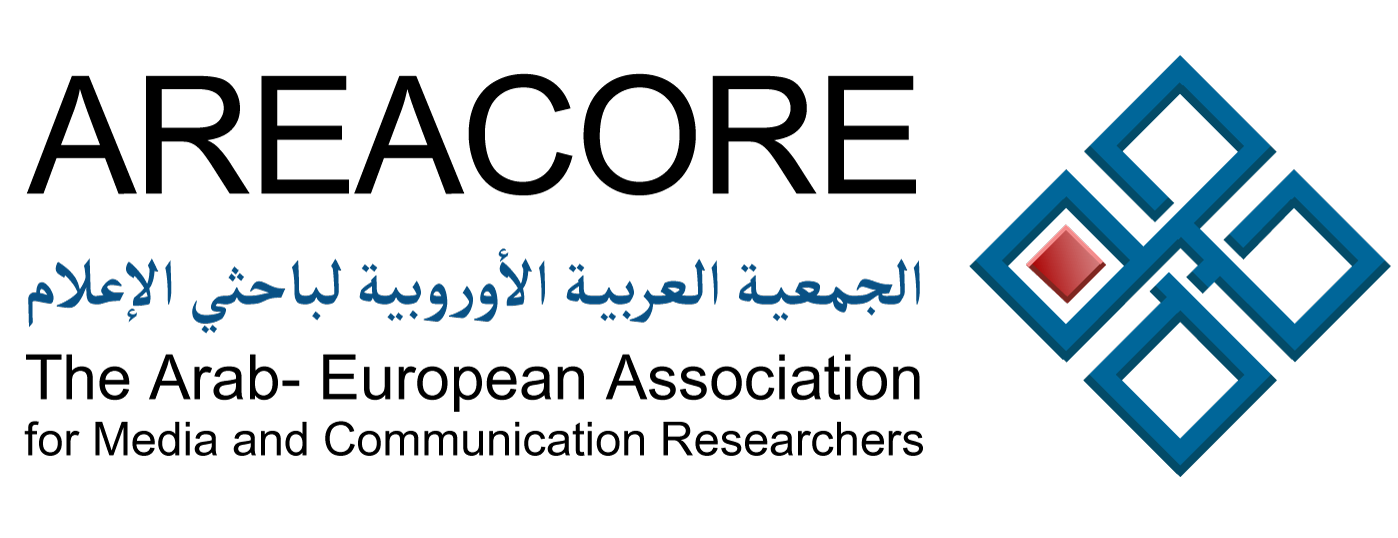K. Trenchev:
“We have been waiting too long for your birth and reshuffle. We wish you to start walking and speaking soon. Bulgarian revolution, happy birthday.”
At the first opposition rally held in November 1989, Bulgarians were celebrating the fall of the 45-yearcommunist regime. The transition was marked by huge excitement. Today, Eastern European societies are richer and more successful, but also disappointed with the current progress.
More than half of Bulgarian citizens consider their democracy under threat. They do not trust government information and doubt that elections are free and fair.
Even more worrying is their attitude towards the media. Only one in ten Bulgarians believes that the media coverage is accurate and independent.
So, what is happening to the media?
Bulgaria ranks last among all the EU countries in terms of media freedom, having dropped almost 80 ranks in the last 15years. Pauline Adès-Mével from Reporters Without Borders even argues that if Bulgaria were not an EU member already, its application would most likely be unsuccessful at this stage.
The Berlin-based media scientist Gergana Baeva researchedthe Bulgarian media system for many years.
Gergana Baeva:
“Once the traditional model of the media became established and democratized following the Western model, the economic pressure came. In that moment, a lot of money was invested and a lot of newspapers were bought. In other words, from that moment on, a large part of the Bulgarian newspaper market was virtually in [Delyan] Peevski’s hands. Now he also has a TV channel – via middlemen, of course. And not just any TV channel, but basically one of the two most popular TV channels. And that could only happen because we had a very weak economic market. A small country, underfinanced media system, very small advertising budget, very little money in the advertising market and customers unwilling to pay. What I have been observing extremely for a year now are attempts to get the traditional media under control. And to suffocate every independent voice there is.”
Because of the tough conditions, journalists are often forced to leave the media industry all-together. One example is the prominent investigative journalist Mirolyuba Benatova, who had to quit her profession when NOVA TV was bought over. She started working as a taxi-driver and said that it was more honorable than to be a journalist and to be instructed what to report on and which questions to ask.
Against this worrying background, there are some positive trends brought by digital technologies.
Lords of the Web:
“We continue on the Internet. There is the freedom. There is the future. There are the young people.”
After 16 years on TV, due to disagreements about its content, the satirical show “Lords of the Air” was forced to move online and change its name to “Lords of the Web”, using the Internet as a more open space for political criticism.
Online and especially social media are not only used as a source of news, but also as a mobilization tool.
Gergana Baeva:
“The online public sphere in Bulgaria is dominated by Facebook. In 2013, there were these mass protests. At that time, the government went for a very controversial candidate: Delyan Peevski. He was to become head of the State Agency for National Security [ed.] and many people found that absolutely unacceptable. There was also this strong Facebook group [Occupy Eagles’ Bridge] that created a protest network, where people exchanged information and encouraged each other. Also this hashtag became popular: #KOЙ, [which means] “Who?”. Who made this decision, where in the background was this decision made?
And right now, we have a very similar case. A very controversial person [Ivan Geshev] is elected as the top state prosecutor. And now we have hashtags again. #ГешевЕпозор [Geschev is a disgrace] and#ГешевЕрадост [Geshev is happiness]. “Geshev is happiness” came from the side of the counter protests, which were financed by government circles. Through targeted hate speech, spamming and counter-speech it is easy to flip the debates around.”
30 years after the fall of the communist regime, Bulgarians are still fighting for a more democratic society. During times of protest, social media have proven to be a convenient tool for mobilization and organization. Still, the question remains whether that is enough in a media system with no sustainable independent journalism.
Gergana Baeva:
“I do not know whether social media are suitable means of fostering democratic debate at all. What stimulates democratic debate is independent information, good journalism. And that is a scarce resource in Bulgaria, which is actually the bigger problem.
And society must fight for the right to an independent media system again. Because if it does not, then…”
